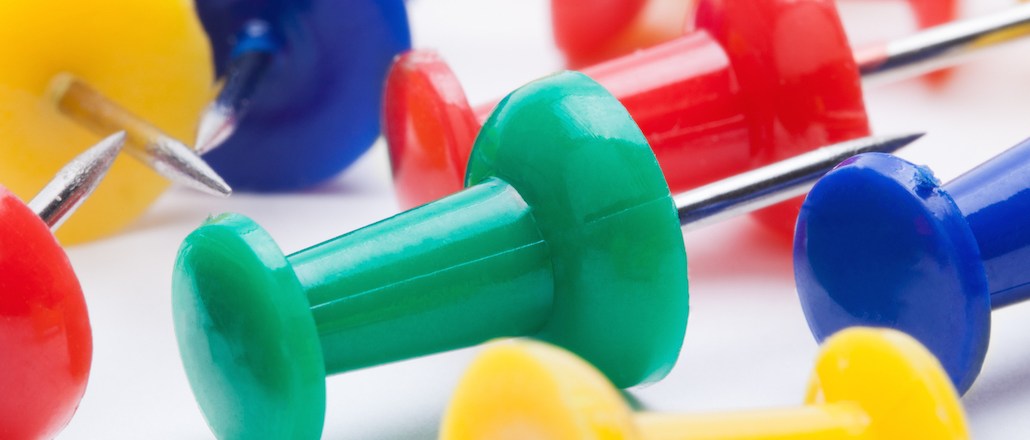Secure your place at the Digiday Publishing Summit in Vail, March 23-25

Pinterest’s monetization push is hitting full throttle: The scrapbooking site is developing a new ad, a “multi-pin carousel” that will allow marketers to place several images in a single promoted pin, according to ad agency executives briefed on the company’s plans. Although Pinterest is actively pitching the ad to agencies, it’s unclear when the ad will hit the market, the execs said.
“We are always exploring ways to make pins more useful, including promoted pins. A multi-pin format is one example of the many things we are testing,” Pinterest spokesman Mike Mayzel told Digiday in an email.
Jeanne Bright, director of paid social at digital agency DigitasLBi, said that Facebook and Twitter have similar ad products — Facebook’s multiproduct ad and a Twitter feature that allows for multiple photos in one tweet. But so far, the formats have been underutilized by marketers, and she suspects that will be the same for Pinterest.
The new ad is just one aspect of Pinterest’s aggressive monetization push. It comes amid the company’s effort to raise $500 million in venture capital funding at a $11 billion valuation, according to The Wall Street Journal. Further, Pinterest faces skepticism about how well its existing ads perform.
Research firm Forrester released a report in January saying that while the potential for Pinterest ads was high, brands were deriving little value from advertising on Pinterest. Former head of operations Don Faul called the report “surprising” in an onstage interview and defended Pinterest’s ads as delivering more organic reach than ads on other major platforms.
Pinterest began pitching its first ad product — promoted pins, its take on native, in-stream advertising — to agencies just less than a year ago, and the price has since dropped from $30 per thousand impressions (CPM) to $22, according to one of the agency executives.
Pinterest is also developing a “Buy” button that will allow users to purchase items directly from the site instead of having to click through to another e-commerce destination, Recode reported.
Correspondingly, Pinterest announced last week it was banning affiliate links from its platform. Affiliate links allow individual account holders to be compensated for sending traffic to brands’ websites or e-commerce destinations, and some speculated Pinterest made the decision so as to prevent influential users from competing with its forthcoming e-commerce business.
Two weeks ago, Pinterest released a new feature designed to help users discover and download new apps. While there was no mention of it offering app install ads to complement the new feature, integrating them would be a potential boon for the platform. App install ads have been a major driver of mobile ad revenue for Facebook, and Twitter introduced its version this past summer.
And prior to that, last June, it made promoted pins available to advertisers of all sizes.
Now, it’s aggressively trying to grow its coffers through both investment and new revenue streams.
Image courtesy Shutterstock
More in Media

Media Briefing: As AI search grows, a cottage industry of GEO vendors is booming
A wave of new GEO vendors promises improving visibility in AI-generated search, though some question how effective the services really are.

‘Not a big part of the work’: Meta’s LLM bet has yet to touch its core ads business
Meta knows LLMs could transform its ads business. Getting there is another matter.

How creator talent agencies are evolving into multi-platform operators
The legacy agency model is being re-built from the ground up to better serve the maturing creator economy – here’s what that looks like.





